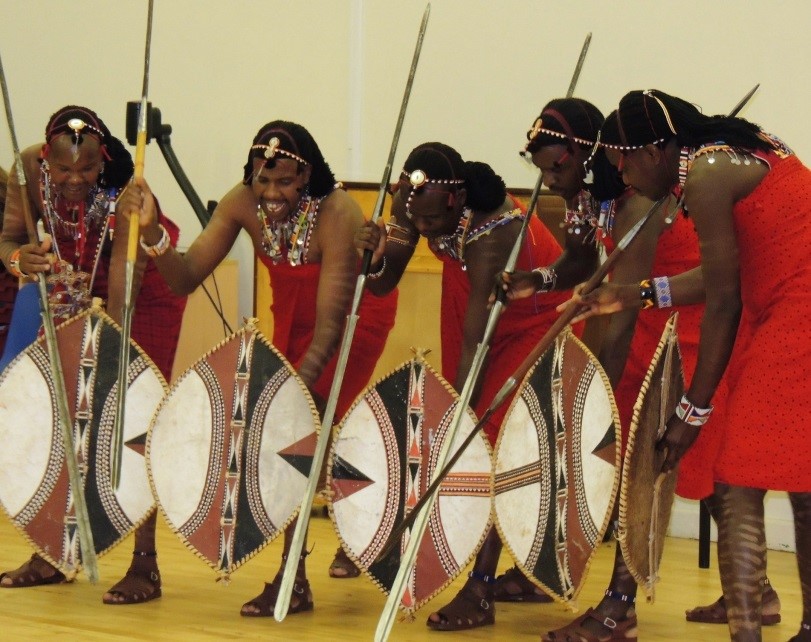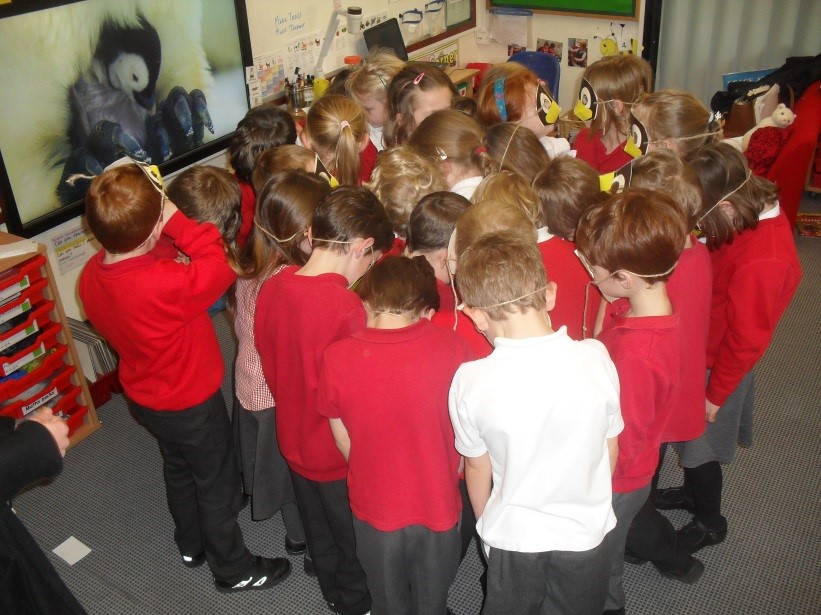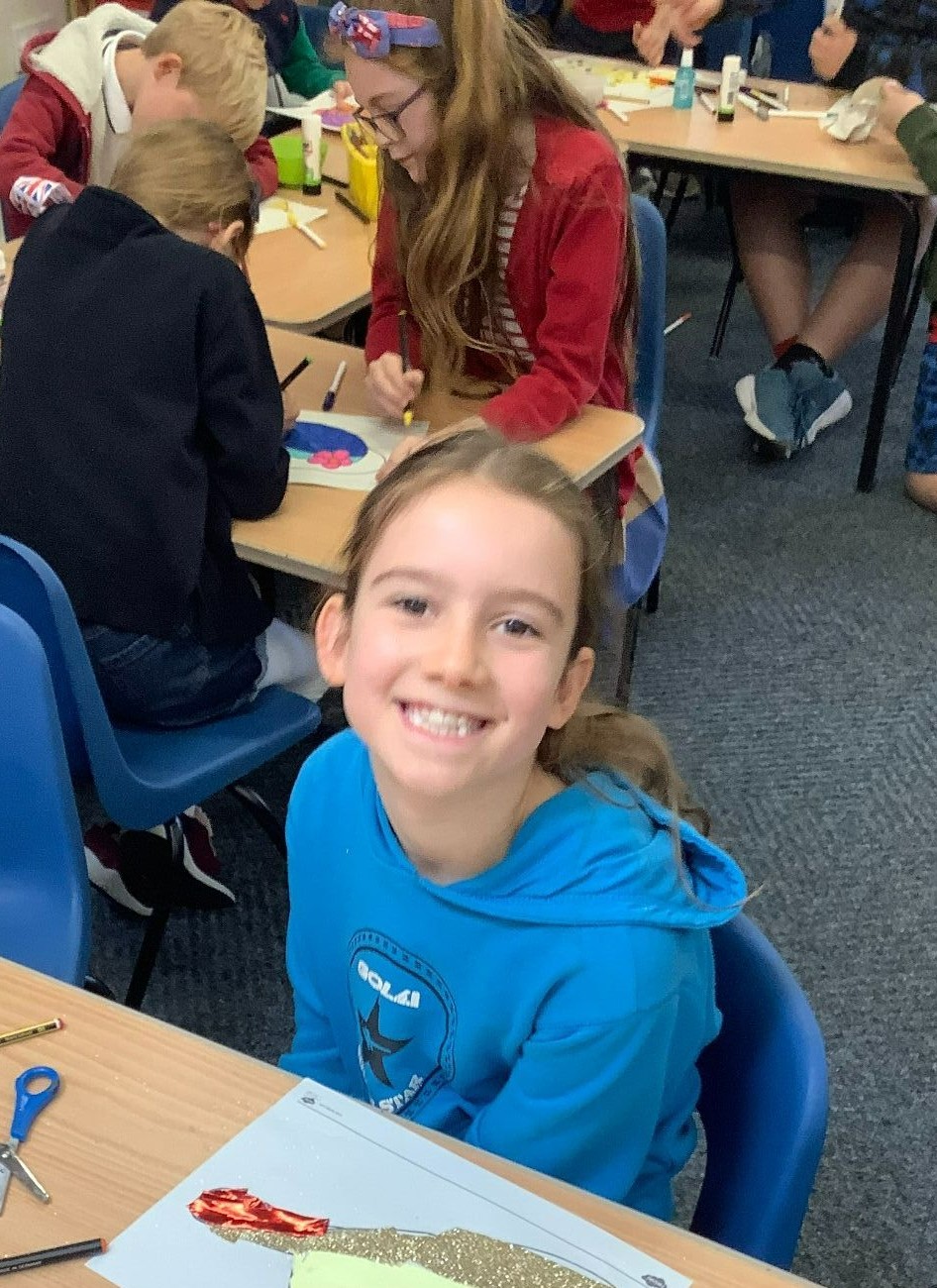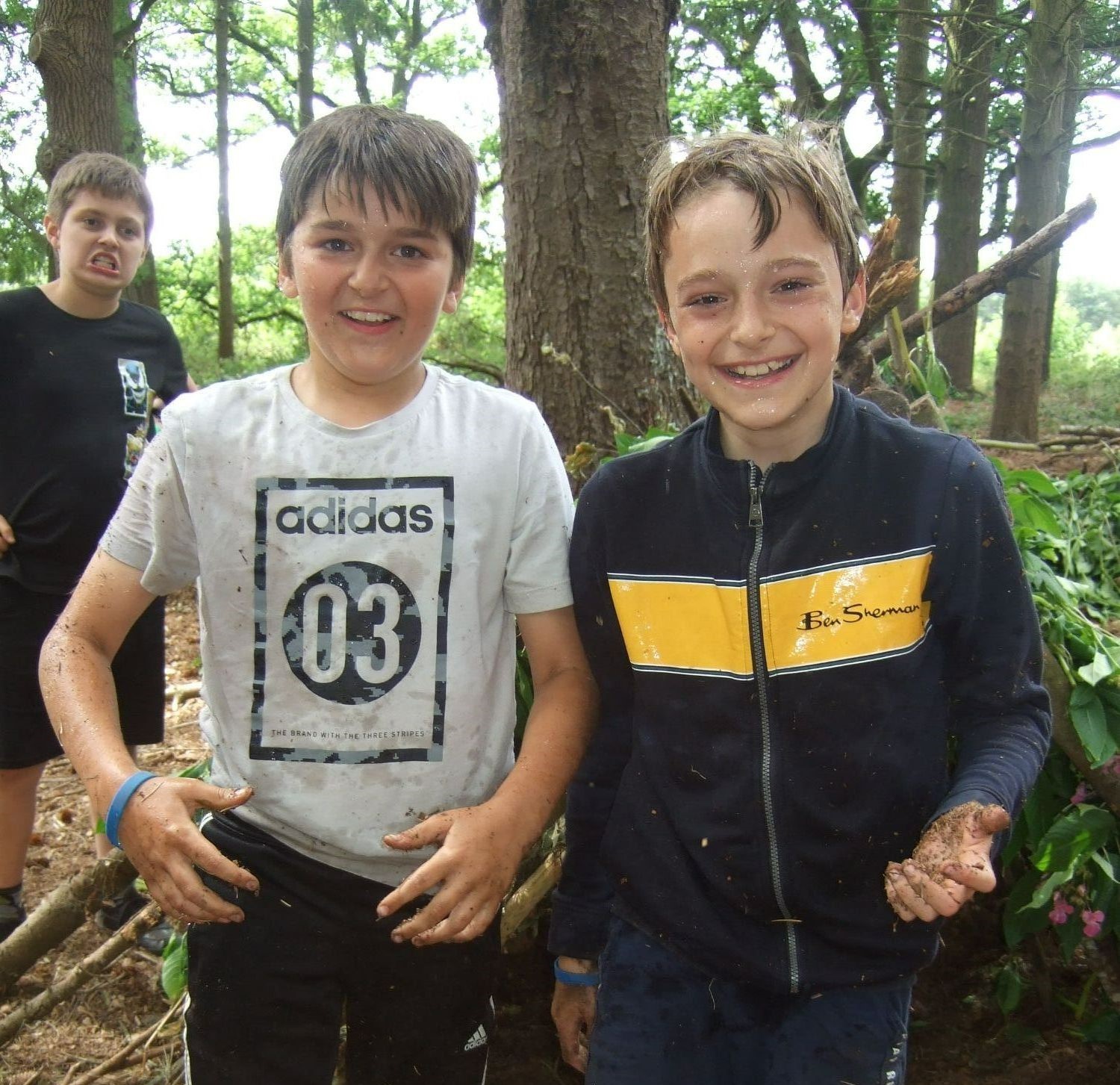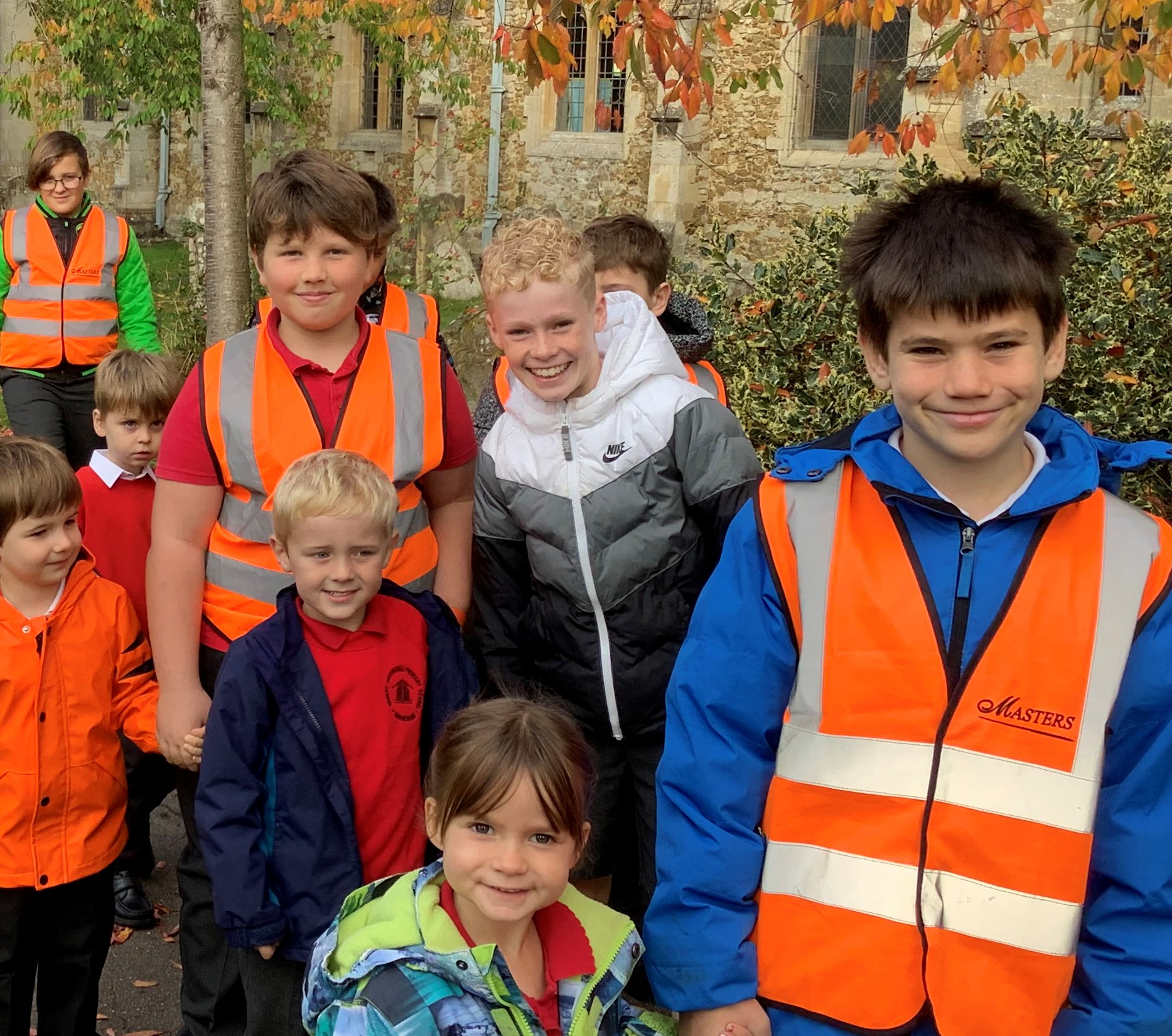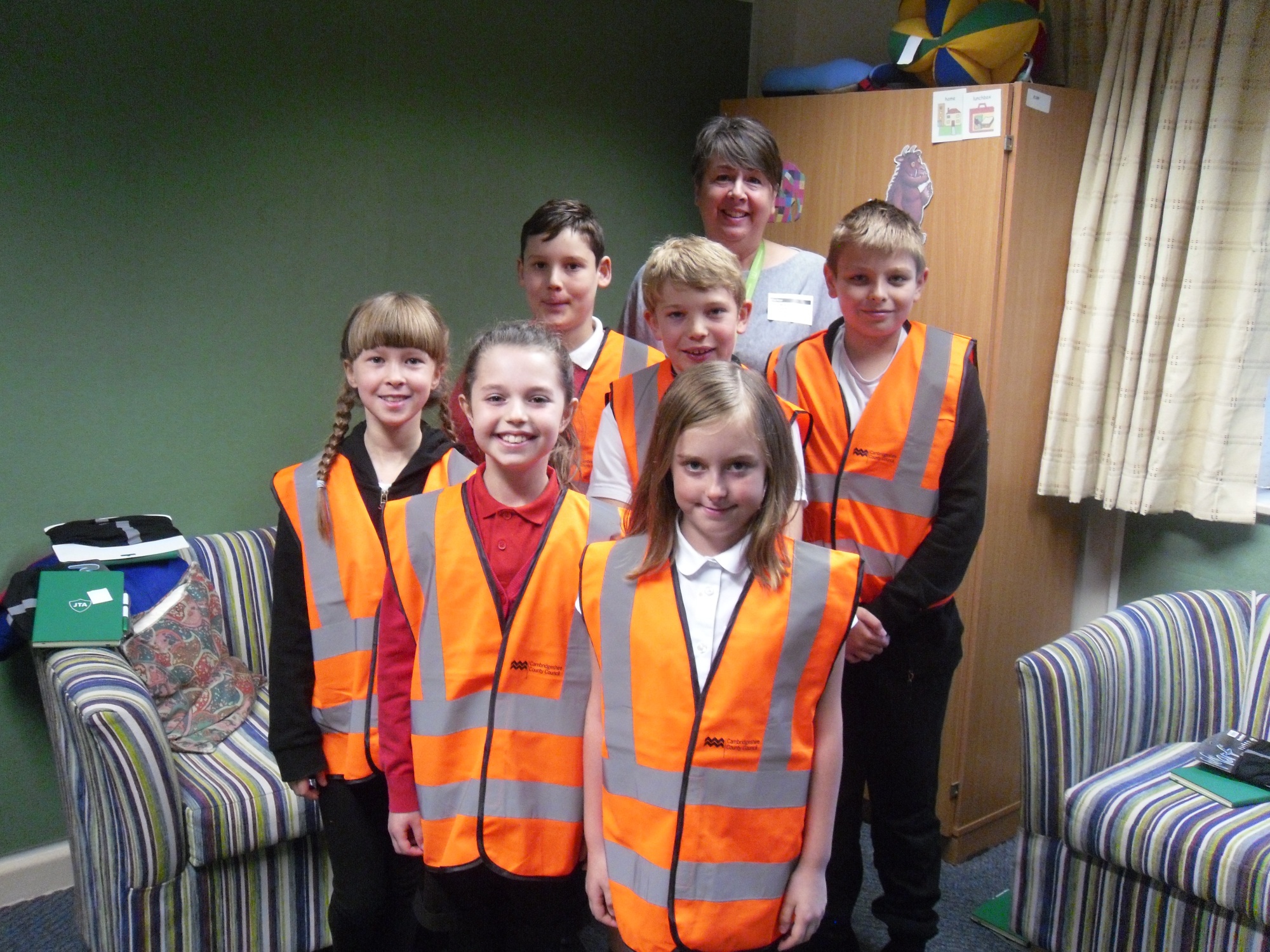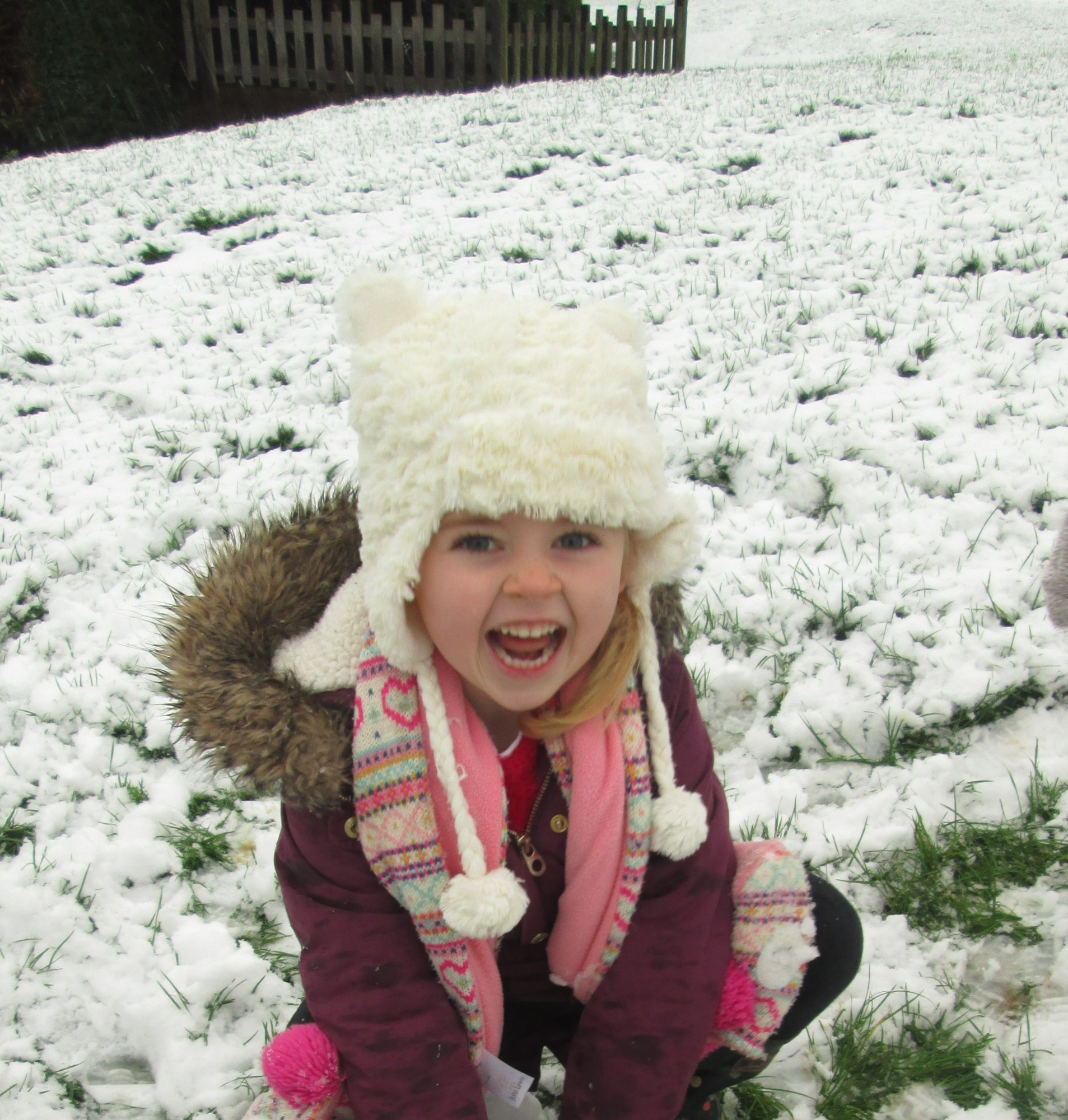Geography
Intent
Geography is highly valued within a broad and balanced curriculum, which inspires our pupils and encourages a curiosity and fascination about the world and its people and places, how they interact and have evolved, that will remain with them for the rest of their lives. In a rural location with globally significant farming, agriculture and landscape as our fenland context, we work to ensure children privilege the narrative of our landscape in their deepening understanding as geographers.
We aim to develop the following characteristics in our young geographers -
-
An excellent knowledge of where places are and what they are like.
-
An excellent understanding of the ways in which places are interdependent and interconnected and how much human and physical environments are interrelated.
-
An extensive base of geographical knowledge and vocabulary.
-
Fluency in complex, geographical enquiry and the ability to apply questioning skills and use effective analytical and presentational techniques.
-
The ability to reach clear conclusions and develop a reasoned argument to explain findings.
-
Significant levels of originality, imagination or creativity as shown in interpretations and representations of the subject matter.
-
Highly developed and frequently utilised fieldwork and other geographical skills and techniques.
-
A passion for and commitment to the subject, and a real sense of curiosity to find out about the world and the people who live there.
-
The ability to express well-balanced opinions, rooted in very good knowledge and understanding about current and contemporary issues in society and the environment.
Implementation
We have carefully selected a programme of study, in Opening Worlds, which builds on our key priorities across our curriculum of explicit vocabulary and confident communication skills applied to powerful and rigorous disciplinary knowledge. Pupils are motivated by the high challenge and robust resources which we overlay with local field study and enrichment, drawing on the significance of our local area so children learn to appreciate their own place and its importance.
Our Geography curriculum is taught through a clearly sequenced curriculum, where learning is carefully mapped from EYFS to Y6 to ensure that the understanding of key concepts is developed in each year. Our content is taught in cycles throughout EY/KS1, Lower KS2 and Upper KS2 where sequences of learning are carefully mapped within each academic year and where, at key milestones, coherence of prior learning builds towards pupils confidently getting better at Geography by revisiting or recalling learning in the context of new content. We are mindful of when a children transitions e.g. to year 5 and 6 what helpfully antecedent material they will have learnt in year 3 and 4 which we draw upon to support further learning. We are in our journey of exploring Opening Worlds as a key priority of our school improvement over the next 3 years and further adjustments will support ensuring the coherence of KS1 to KS2 will be developed as part of the sustainable implementation plan for the subject within our humanities programme.
Content
Early years
Geography is an essential part of learning in the Early Years Foundation Stage as it is incorporated in everyday learning through Understanding of the World. The geographical aspects of the children’s work relate to the objectives set out in the early learning goals (ELGs).
Key Stage 1
Pupils develop their knowledge about the world, the United Kingdom and their locality. They will be introduced to basic subject-specific vocabulary relating to human and physical geography and begin to use geographical skills, including first-hand observation, to enhance their locational awareness.
Pupils will be taught to:
-
use world maps, atlases and globes to identify the United Kingdom and its countries, as well as the countries, continents and oceans
-
use simple compass directions (North, South, East and West) and locational and directional language
-
use simple fieldwork and observational skills to study the geography of our school and its grounds and the key human and physical features of its surrounding environment
-
devise a simple map
-
identify seasonal and daily weather patterns in the United Kingdom and the location of hot and cold areas of the world in relation to the Equator and the North and South Poles
Key Stage 2
From September 2021, KS2 pupils will be following the 'Opening Worlds' curriculum. This is a knowledge-rich humanities programme for teaching history, geography and religion in Years 3 to 6. Lessons are taught through rich, extended text in booklets. All new vocabulary is pre-taught and practised through a blend of direct instruction, engaging story-telling and other activities. Pupils will develop their use of geographical knowledge, understanding and skills to enhance their locational and place knowledge. By studying the local area and contrasting locations in the United Kingdom, Europe, North and South America, children will develop a curiosity and fascination about the world and its people.
Fieldwork and Geographical data skills
An important part of our geography curriculum is the application of skills and fieldwork. Children will use maps, atlases, globes and digital/computer mapping to locate countries. Locally, they will use fieldwork to observe, measure, record and present the human and physical features in the local area using a range of methods, including sketch maps, plans and graphs, and digital technologies. They will use fieldwork and skills to collect and analyse data as well as looking closely at physical and human processes such as urbanisation, volcanoes, earthquakes and global warming.
Impact
Our Geography curriculum enables our pupils to develop an appreciation and understanding of the lives, experiences and actions of people around the world and to think critically and ask key questions in their roles as global citizens.
This understanding allows them to have the cultural capital and enrichment opportunities to enable them to become well-informed geographers with the potential to be cartographers, town planners, conservationists, meteorologists, environmentalists or weather forecasters.
By the end of KS2, children will have learned the knowledge, concepts and skills laid out and will be prepared for the next stage in their education. The curriculum is coherent and sequential and builds on prior learning with frequent opportunities for practical application of knowledge and skills through project and field work. Frequent self-assessment and teacher reviews show that pupils are able to recall and apply the taught content, learning more and remembering more.
